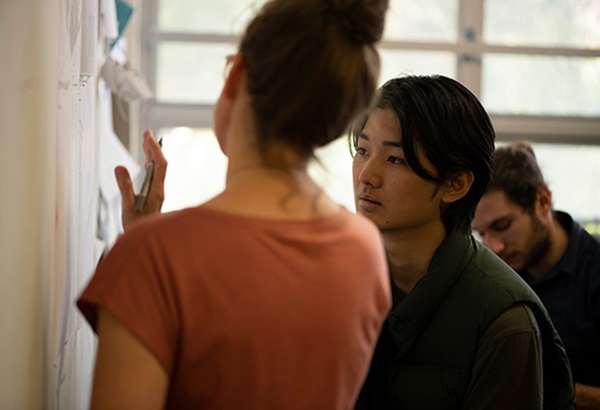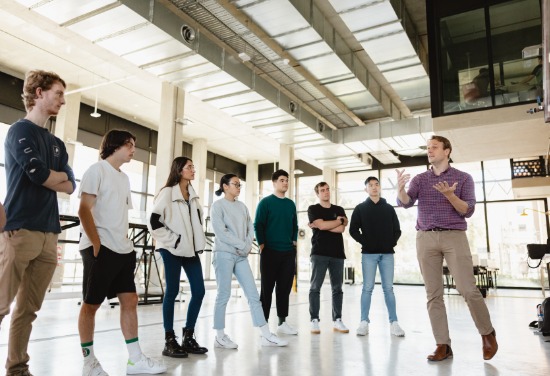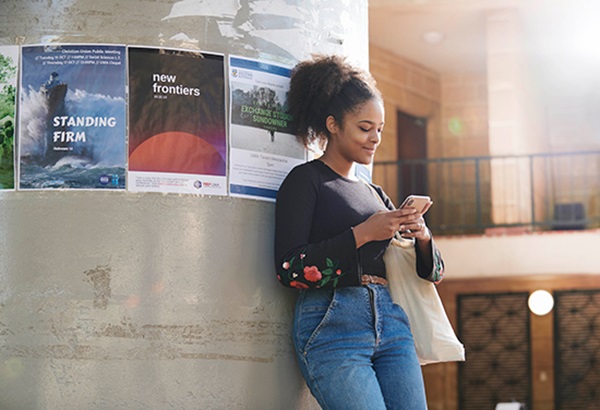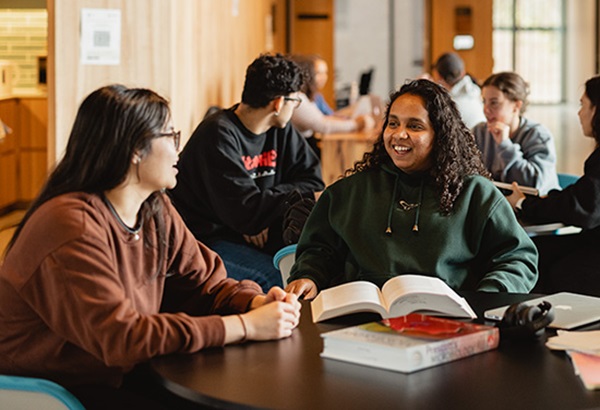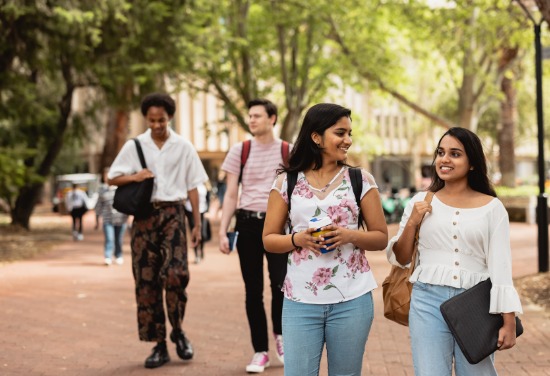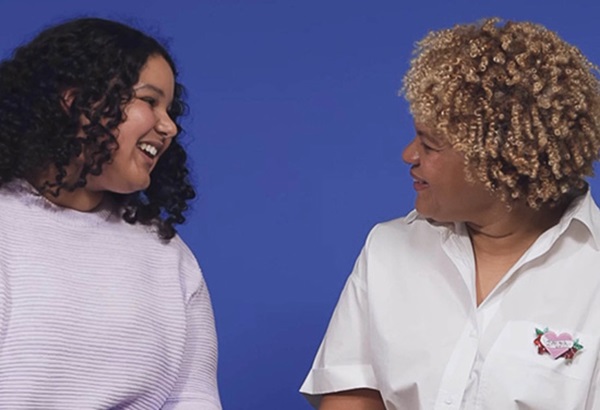You’re probably not using ‘Password’ as a password – at least we sure hope not! – but cybercrime continues to increase every year and we need to be aware of maintaining a certain level of security over our information.
It’s not just about whether your computer gets a virus or your emails get hacked or your bank account gets drained, although they’re bad enough; it’s the possibility that virtually everything you consider private information could be used to profile you. In effect, data miners could know more about you than you know about yourself.
Think about the location services on your mobile phone showing everywhere you go, almost every moment of every day. Think about the websites you visit, the search terms you use, the medical problems and medicines you look up, the products you buy, the conversations you have on the phone or over video – everything can be found and used if you don’t take the right steps to protect yourself.
Coinciding with Cyber Monday this year, Computer Security Day 2020 offers a timely reminder to make sure we don’t get too excited when we’re getting a sweet deal on some new tech.
UWA has its own Ethical Hackers Group who are studying our new Cybersecurity major, and they’ve come up with some advice we can all use on keeping ourselves safe and secure online
Let’s go back to passwords. We’re all guilty of using the same password on multiple sites, but we really shouldn’t be doing it. Try a password manager to make life a bit easier, and look into the password security feature in whichever browser you prefer using.
One other thing – a list of words from a dictionary (for example, ‘correct horse battery staple’) is not only more secure but also easier to remember than a bunch of random characters and substitutions like ‘Tr0ub4dor&mnwi’. Song lyrics are another handy mnemonic, although using the outro to Hey Jude is probably not the best choice.
Public Wi-Fi is another tricky area. It’s available nearly everywhere you go, from buses to shops to doctors’ surgeries and of course Macca’s, but your data may well be being transferred across the airwaves unsecurely. VPNs are fairly cheap these days, and you can get them for both your laptop and your mobile or tablet; so if you love free Wi-Fi, spend a bit on your own safety.
The Insta-world makes sharing your life fun, but you still need to keep some things private. Do you really want to attract attention from everyone, including the weirdos? Think about limiting who can see your social media profiles and don’t share photos of things like your driver’s licence or boarding pass – you just don’t know who might see what information. It also goes without saying that even if you run open profiles, be wary of unsolicited contacts. There’s no law saying you have to accept message requests from people you don’t know.
The Internet of Things (IoT) is changing how we live, from smart fridges and TVs to air-conditioning, security cameras and even the humble lightswitch. Just be aware that smart home devices can be compromised, so always be sure to buy reputable brands.
And finally, the old ‘bait and switch’ trick has been around forever, so think before you click. Links and email/message attachments can be harmful, whether they’re a virus, a phishing scam or something else, so check the URL closely and don’t click it if you don’t trust it.
If you’re keen to make a job of staying ahead of online crooks, check out our Cybersecurity major. You can also find out more about UWA’s Ethical Hackers group by getting in touch with Dr David Glance, Director of our Centre for Software Practice.
Media references
Dr David Glance, Director/Senior Research Fellow, UWA Centre for Software Practice, 08 6488 4706


